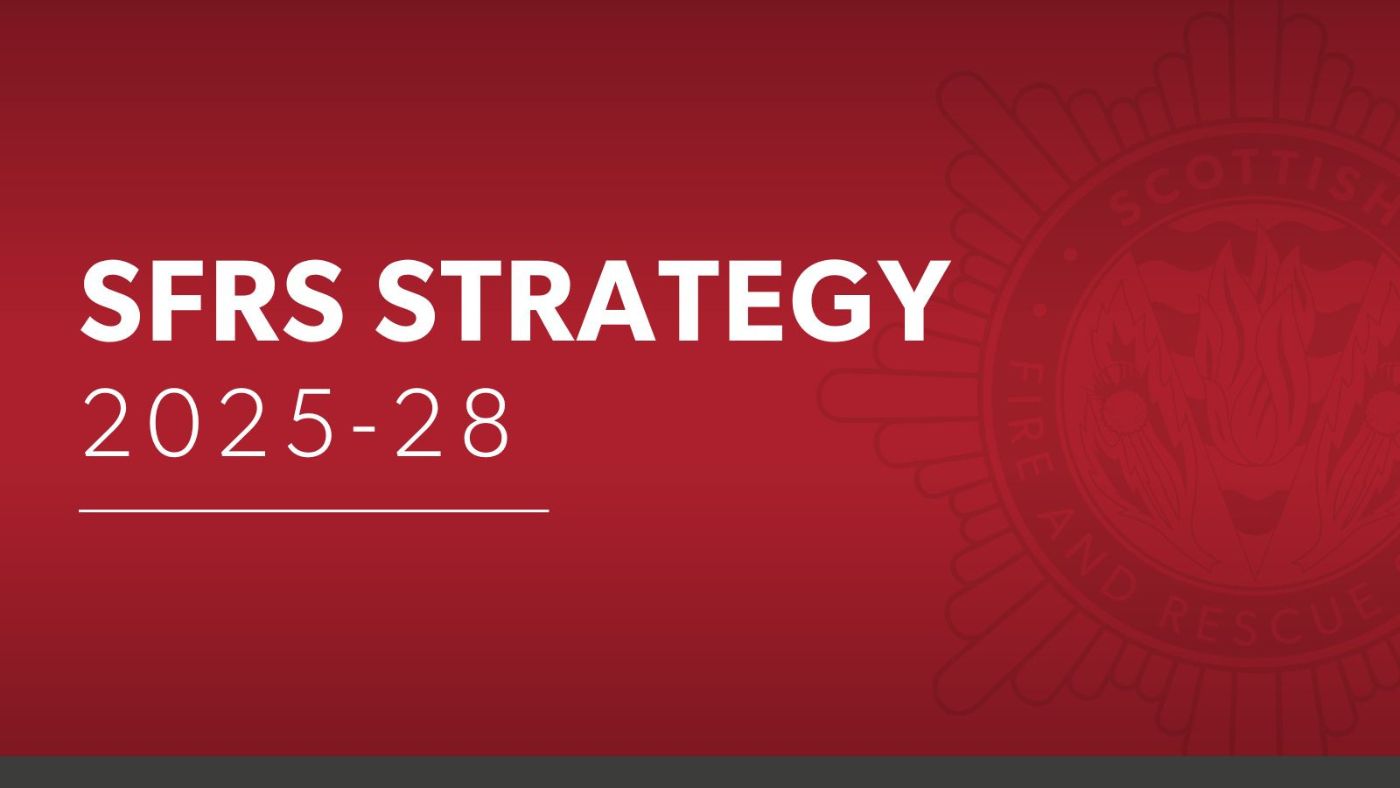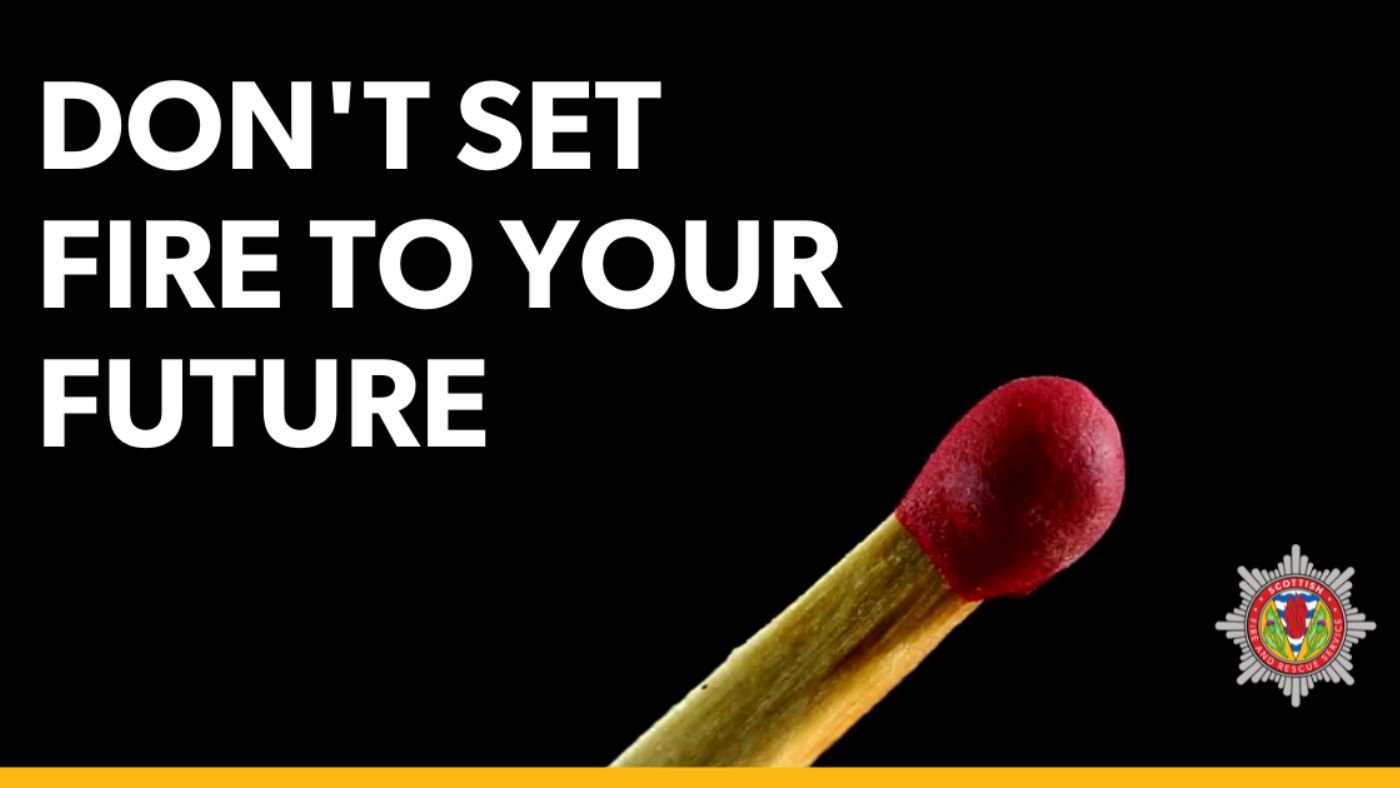News

Service Delivery Review – a public consultation by the Scottish Fire and Rescue Service
People are being asked to share their views on the future of the Scottish Fire and Rescue Service as part of a public consultation on 23 options for change.
Featured posts

SFRS Strategy for 2025-28 is now available
The Strategy has been approved by the SFRS Board and is now available to view.

Firefighters attended more than 3000 deliberate fires last summer
Our firefighters responded to over 3,000 deliberate fires during just a three-month period.

Emergency service siblings take on cycling challenge in memory of mum
All news
Update on wildfire incidents across Highland and Moray
Watch a video that highlights the extensive response to the wildfires and pays tribute to the dedication of the firefighters involved.
Emergency Services Football Challenge for the Killie Charity Cup
Two of Kilmarnock’s emergency services are set to battle it out on the football pitch, but the real winners will be a local children’s charity.
Celebrating our newest firefighters and firefighter control graduates
We celebrated the graduation of trainee wholetime firefighters and firefighter control, with squads in Newbridge and Cambuslang completing charity challenges.
Trainee firefighters celebrate graduation success in Cambuslang
Graduates received their certificates at a ceremony at the National Training Centre.
King’s Fire Service Medals awarded in honour of His Majesty's Birthday Awards
Watch Commander John Aitchison and Volunteer Leader Gerry Ralston have both been awarded the King's Fire Service Medal for their dedicated service in fire safety and community support.
Peterhead firefighter takes on 555-mile charity cycle
Firefighter George Gourlie from Peterhead Community Fire Station is cycling around Ireland in five days as part of Doddie’s Lions Challenge.

